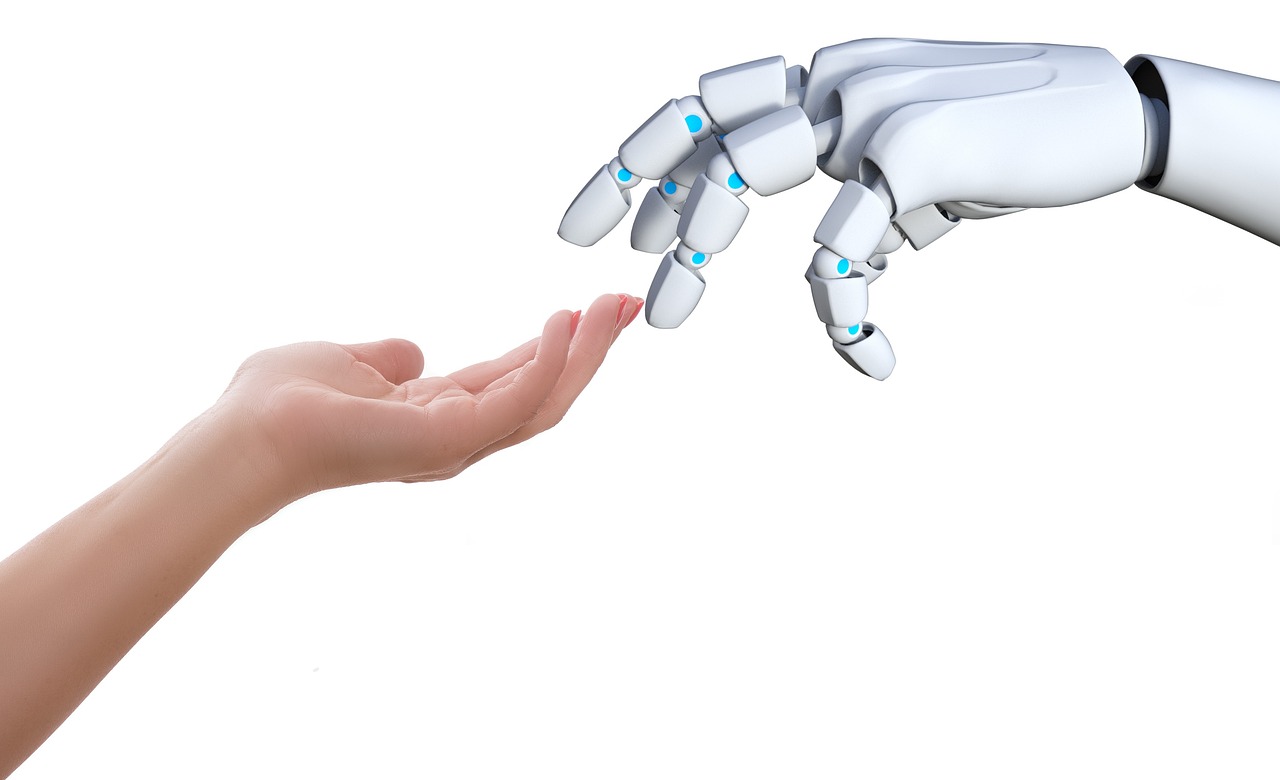#AI@Work: What’s the Strategy?
Computers don’t understand strategy. The analysis performed by computers is limited to tasks, performed very quickly and extremely accurately. Computers are also limited in scope and therefore can only provide limited insight. They are excellent at performing redundant and repetitive tasks but not so great at taking the results and determining what role those results will play as part of a larger strategy. AI has both strengths and weaknesses. It is our job as humans to understand both sides of the equation. This way humanity can benefit from and not be blindsided by the economic disruption. Leadership can help us harness the benefits if we can learn lessons from the past. Hard lessons. Lessons on how obsolescence and disruption have caught us off guard and how we can be aware and awake now.
This is not the first time humanity has experienced dynamic change caused by new technology.
We are currently using AI in the banking industry to identify fraud, credit risk and make market suggestions. We are using it in law enforcement to catch criminals, and in government to create smart cities. In health care and medicine, we are using it for diagnostics, monitoring and imaging. In energy and manufacturing we are using it to optimize the supply chain and for forecasting. In retail and communications, we are using AI to personalize shopping and replace redundant tasks. In all these sectors obsolescence and disruption are all too real.
No one knows exactly how AI will affect our society. It is nearly impossible to foresee the future. But what we can do is learn from the past. In this case we only need to look at the recent past to see that successful companies can disappear overnight. Entire sectors can morph and vanish. Products that were successful, and we relied upon, no longer exist. What is unique about this point in history is speed. Time to adoption, speed of obsolescence and scope of disruption have the potential to impact us beyond anything humanity has previously experienced. In Sapiens: A Brief History of Humankind, Yuval Noah Harari explores the agricultural, industrial and scientific revolutions. One can’t help but see the increasing speed of change. How AI will affect industries, organizations, products and positions will depend on what humans have learned from the past and how we prepare for the future.
#AI@Work, #WFH, #Virtual Touchpoints, #ThePajamaEffect, #The Visual Connection, #BobbeGB, #BobbeBaggio, #Touchpoints, #Remote Workplace, #WorkFromHome, #PJEffect, #LinkedInNewsLive




